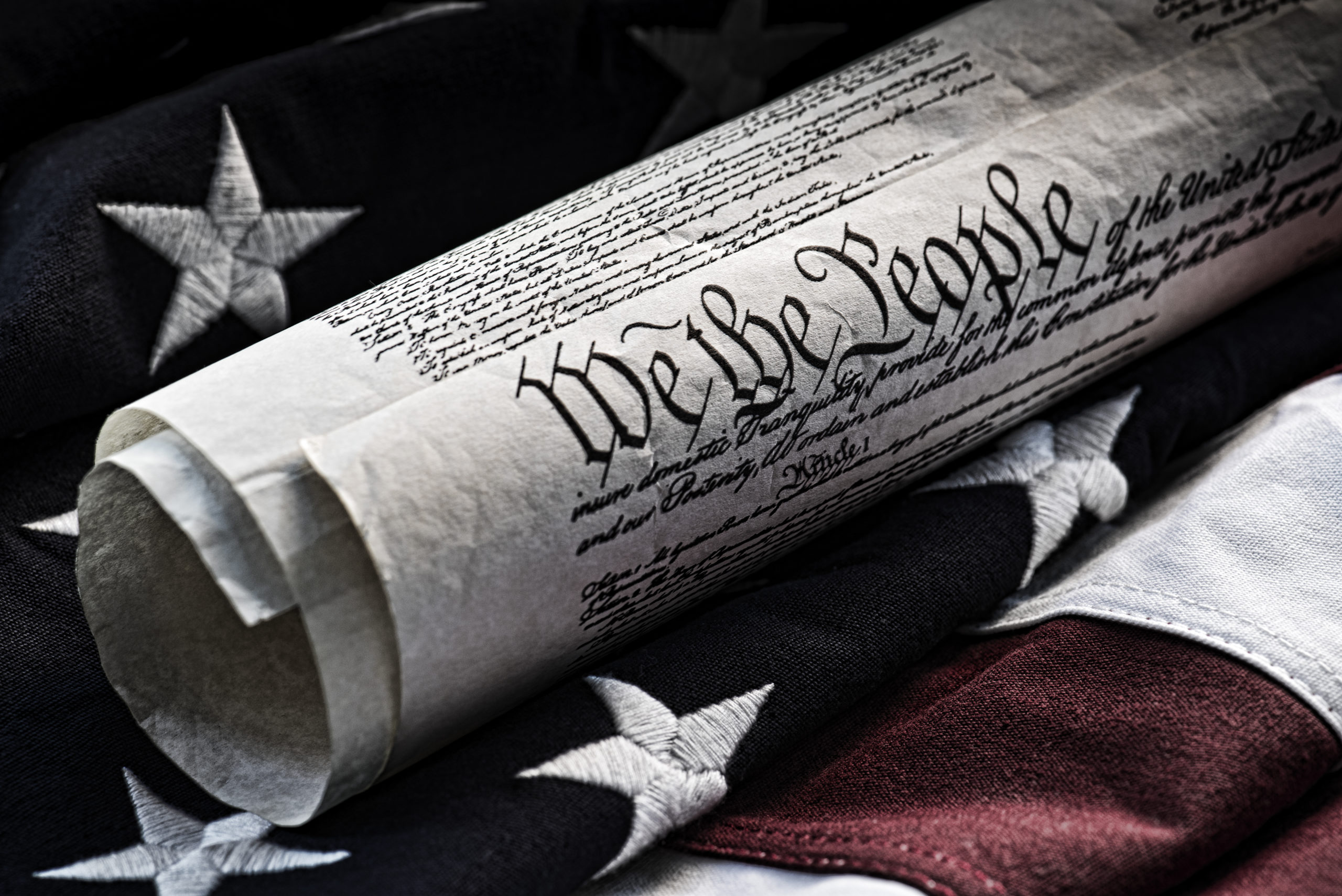The president’s assertion of executive power poses a threat to the November elections.
As the republic with the oldest written constitution still in use, the United States is the world’s beacon of democracy. These days the beacon has been dimming. Freedom House, a respected global democracy watchdog group, recently sounded alarms about the integrity of primary elections in Wisconsin and Georgia.
The outlook for a free and fair national election in November is cloudy, not least because President Trump himself has predicted mass-scale voter fraud and because of foreign interference. His son-in-law has even questioned whether the election would be held on schedule due to the coronavirus pandemic or another crisis.
It is not hard to imagine another round of large-scale social unrest such as the weeks-long protests over the killing of George Floyd, on May 26, by Minneapolis police. Given the tense situation in the country, it would take only a spark, whether spontaneous or deliberate, to ignite a social conflagration in key cities before the Nov. 3 election.
A number of legal and political commenters have sounded an alarm that over the years Congress has entrusted to the president a large and poorly bounded set of “emergency powers,” numbering over 100, according to the Brennan Center.
Moreover, it is asserted by some — including Trump — that the president possesses additional secret powers and “total authority” by virtue of his inherent executive authority in Article 2 of the Constitution.
In the same vein, Attorney General William Barr has asserted that “the illimitable nature of the President’s law enforcement discretion stems not just from the Constitution’s plenary grant of those powers to the President but also from the unitary character of the Executive Branch itself.” Barr sees the presidency as essentially monarchical, arguing that the Founders were more troubled by an “overweening parliament” than by King George’s tyranny.
Our country has worried about the question of an imperial presidency and secret emergency powers before. In the early 1970s, in the shadow of the Vietnam War and Watergate, Congress flexed its oversight muscle to force a stock-taking of the president’s claims of special powers through a series of historic hearings.
According to the late Senator Frank Church, who cochaired the Special Committee on National Emergencies, those powers “were like a loaded gun lying around the house ready to be fired by any trigger-happy president who might come along.” It appears that such a president has come along.
The alarm is serious, the law is muddled, and there is little confidence that one can rely on this president to take a restrained view of his powers as have presidents in the past. Nor can one rely on the current attorney general to curb those powers, including any use of the US military to carry out the president’s orders. Indeed, if the attorney general were to say, after a presidential emergency declaration, that a president’s order is lawful, what uniformed officer or enlisted man or woman could refuse it as unlawful?
If the chief executive is unreliable as now, there are three main lines of defense in the constitutional structure against threats to a free and fair election in November: Congress, the states, and the courts.
First, Congress has unique oversight duties and authority to act urgently in the public interest to check the notion of unlimited executive power. On the theory that sunshine is the best disinfectant, Speaker of the House Nancy Pelosi should immediately call for systematic hearings on emergency powers before they can be abused to obstruct the election.
A second line of defense resides with state officials because elections are conducted at the state and county levels. It is imperative for state officials to take concrete steps to protect the equal right of all eligible voters to a free and fair election.
The national associations of governors, attorneys general, and secretaries of state should coordinate on best practices to ensure the integrity of the voting process. The array of preparatory measures includes absentee voting, mail-in voting, crowd management, and physical safety at polling stations, as well as the security of ballots and digital voting machines, and the training of staff. Equally important will be the prompt certification of canvassed votes and the appointment of electors.
Third, in the context of a declared emergency, the Supreme Court can reach down and take immediate jurisdiction of a legal challenge to the president’s action and stay its implementation, pending a valid showing of cause. The stay of the president’s order may be difficult or impossible to enforce, but at least the military may gain some protection against an order to take illegitimate action in the homeland to deprive our citizens of civil liberties.
The legal process may be a slender reed to hang onto in the event the president’s actions take place mere days before, or in the immediate aftermath of, a close or contested election. And this will be especially so if it is the president himself acting in bad faith who creates the circumstances that threaten the election process or outcomes.
But the principled core of the balanced constitutional architecture must be preserved against extreme assertions either by an overbearing government or individual citizens, as summarized in the famous phrase from US Supreme Court Justice Robert H. Jackson that the Constitution “is not a suicide pact.” This would include Barr’s notion of “illimitable executive discretion.” Any use of presidential or executive emergency power — however sourced in common law or statute or in the Constitution itself — must yield to the fundamental rights of our people.
Our Constitution, established by “We the people,” enshrines a core principle: the right of the people to choose and affirm by periodic free and fair election those who hold power on their behalf. This is what Lincoln so memorably described as a “government of the people, by the people, and for the people.” On this principle was built the very foundation of our Republic. It is the most important of our civil liberties that our government is not chosen by crown or religion, but by the people.
Now it is up to us — we the people and our representatives at all levels and our courts — to make sure that Nov. 3 does not end up the subject of democracy watchdog headlines about a failed election. The stakes could not be higher.
Gary Hart and Timothy E. Wirth are former US senators. Joel McCleary and Mark Medish are former senior White House officials in the Carter and Clinton administrations, respectively.


